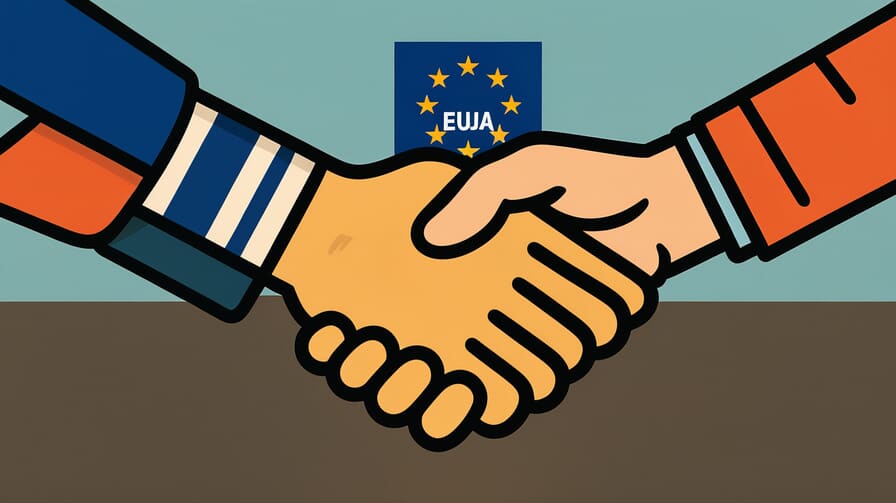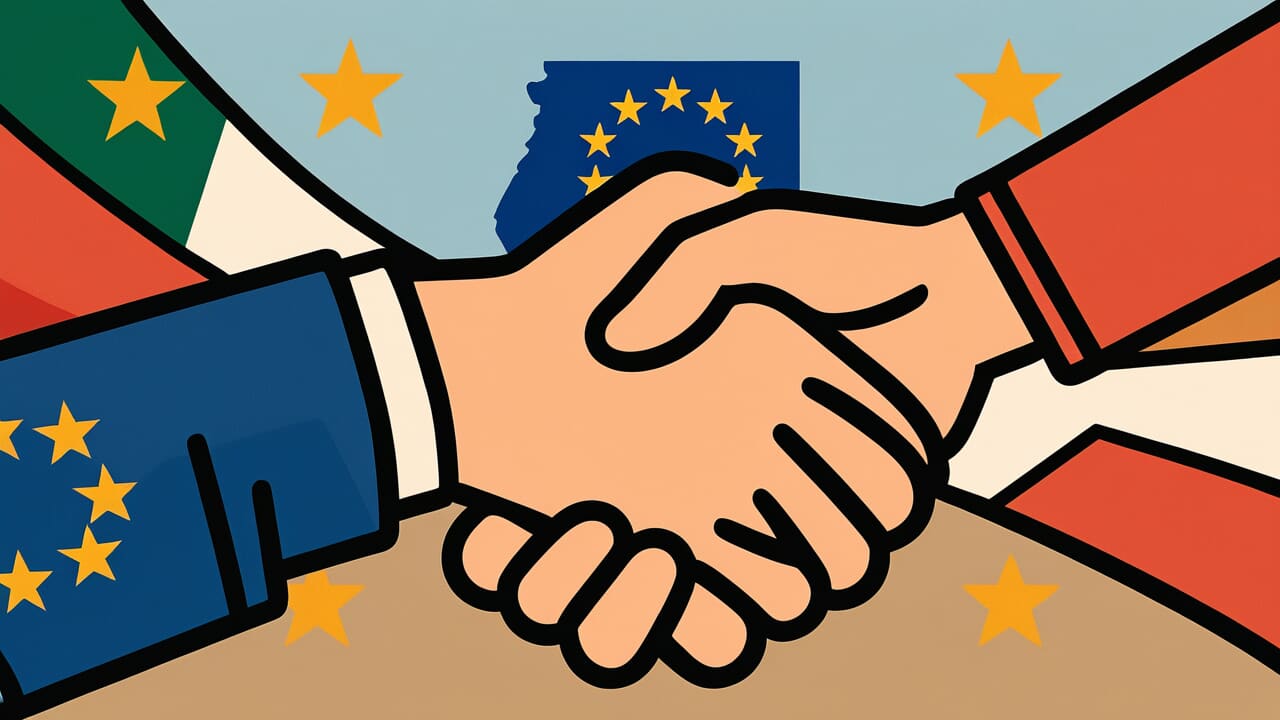[Disclaimer] This article is reconstructed based on information from external sources. Please verify the original source before referring to this content.
News Summary
The following content was published online. A translated summary is presented below. See the source for details.
The European Commission and Jordan have signed a Memorandum of Understanding on August 25, 2025, to launch the disbursement of a €500 million Macro-Financial Assistance (MFA) package. This agreement is part of a broader €3 billion EU-Jordan strategic partnership for 2025–2027, which includes €1 billion in financial aid. The MFA will be released over up to two and a half years, contingent on Jordan’s progress with agreed reforms and political conditions. The funds aim to support Jordan’s economic stability, growth, and reforms in areas such as public finance management, governance, anti-corruption, social protection, labor market policies, green transition, and business environment. European Commission President Ursula von der Leyen, in her second term, emphasized the EU’s commitment to supporting Jordan’s economic resilience. Additionally, the European Commission has proposed a further €500 million MFA to Jordan, which, if approved, would increase total EU support to €1 billion for the 2025–2027 period.
Source: European Commission Press Corner
Our Commentary
Background and Context

The EU-Jordan Macro-Financial Assistance agreement comes at a crucial time for Jordan’s economy. The country has been facing persistent economic challenges, including high unemployment and the need for structural reforms. This assistance is part of the EU’s broader strategy to support stability and development in its neighboring regions, particularly in the Middle East, where Jordan plays a pivotal role in maintaining regional balance.
Expert Analysis
The timing of this agreement is significant, considering recent changes in Jordan’s political landscape. A major cabinet reshuffle in August 2025 and parliamentary elections in September 2024 have set the stage for potential shifts in economic policy. The MFA package, with its focus on reforms and economic modernization, aligns well with the new government’s stated priorities. However, the success of this assistance will largely depend on Jordan’s ability to implement the agreed-upon reforms effectively.
Key points:
- The MFA is conditional on reform progress and IMF program compliance
- It supports a range of critical areas from public finance to green transition
- The potential additional €500 million reflects the EU’s growing commitment to Jordan
Additional Data and Fact Reinforcement
Recent economic indicators for Jordan provide context for the MFA’s importance:
- Jordan’s economy grew by 2.7% year-on-year in Q1 2025
- Unemployment rate improved slightly to 21.4% by mid-2024
- The current account deficit is expected to widen to 7.1% of GDP in 2025
Related News
This agreement is part of a broader trend of EU macro-financial assistance to neighboring countries. Similar support has been extended to Egypt, with a €5 billion MFA and budget support mechanism, and to Ukraine, with an €18.1 billion MFA loan as part of a larger G7 package. These initiatives underscore the EU’s role in promoting economic stability beyond its borders.
Summary

The EU-Jordan €500 million MFA agreement represents a significant step in strengthening economic ties and supporting reforms in Jordan. While challenges remain, including the implementation of reforms and navigating domestic political changes, this assistance provides a crucial foundation for Jordan’s economic modernization efforts. The success of this program could serve as a model for EU engagement in the region and highlight the effectiveness of conditional financial assistance in promoting stability and growth.


